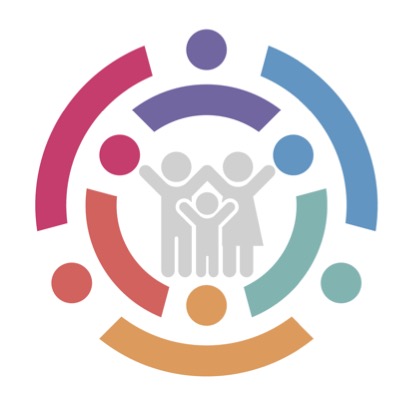The CTD project will partner with select community organizations.
Georgia is plagued with stark economic mobility and educational achievement disparities that disproportionately impact certain racial and socioeconomic groups. A 2018 Bloomberg report ranked Atlanta, Georgia, as the worst city in the United States for economic mobility. Third grade reading achievement, a significant predictor of high school graduation, is one of the lowest for children from economically challenged households. Together, these obstacles create considerable opportunity costs for Atlanta’s children, parents, and families.
2Gen approaches building family well-being by intentionally and simultaneously working with children and the adults in their lives together. The 6 Key Components of a 2Gen Approach include:
- Postsecondary Education and Employment Pathways
- K-12
- Early Childhood Education and Development
- Economic Assets
- Health and Well-Being
- Social Capital













